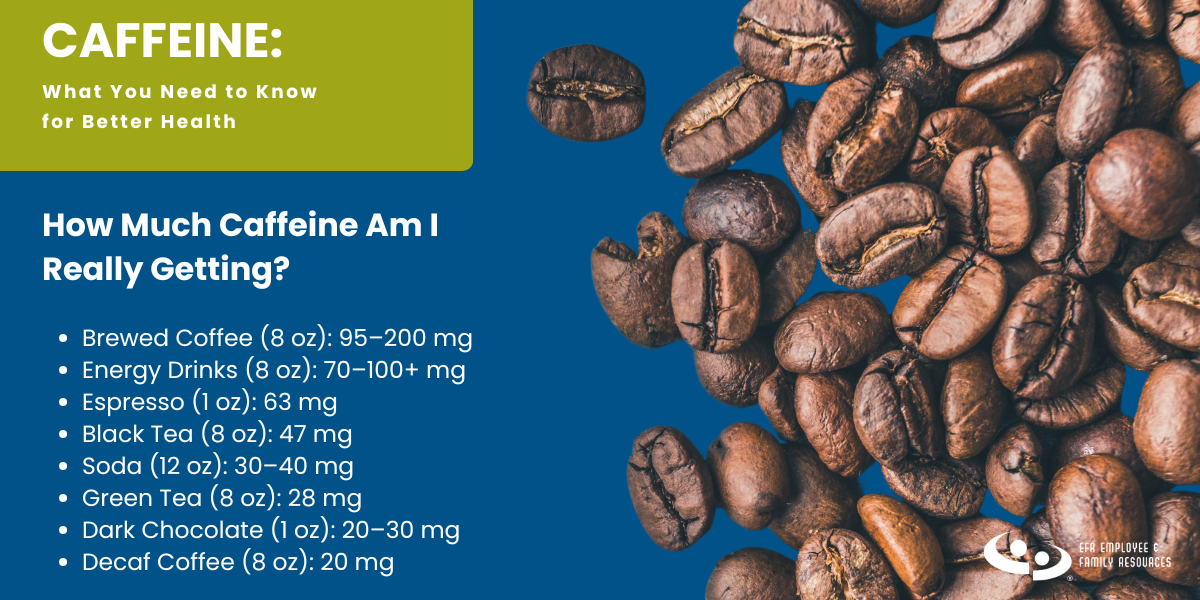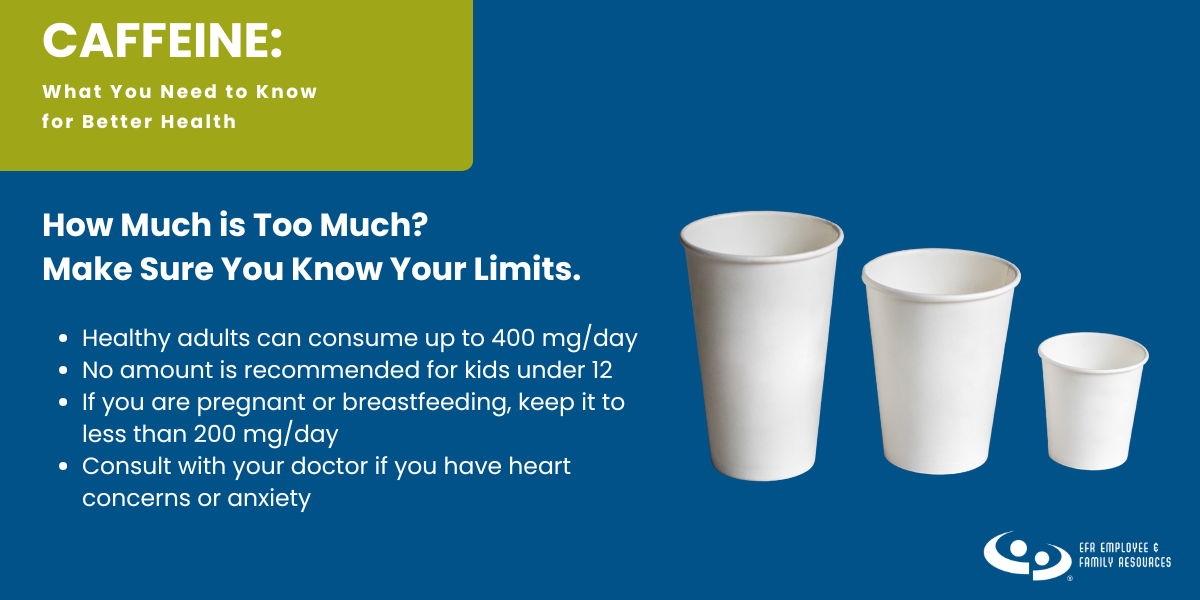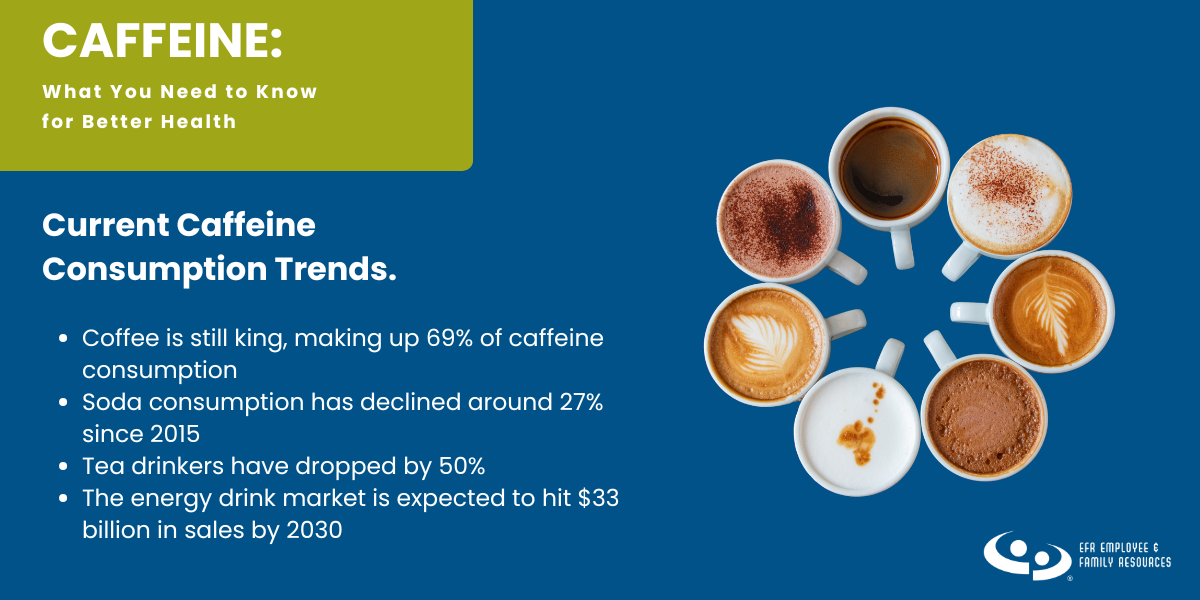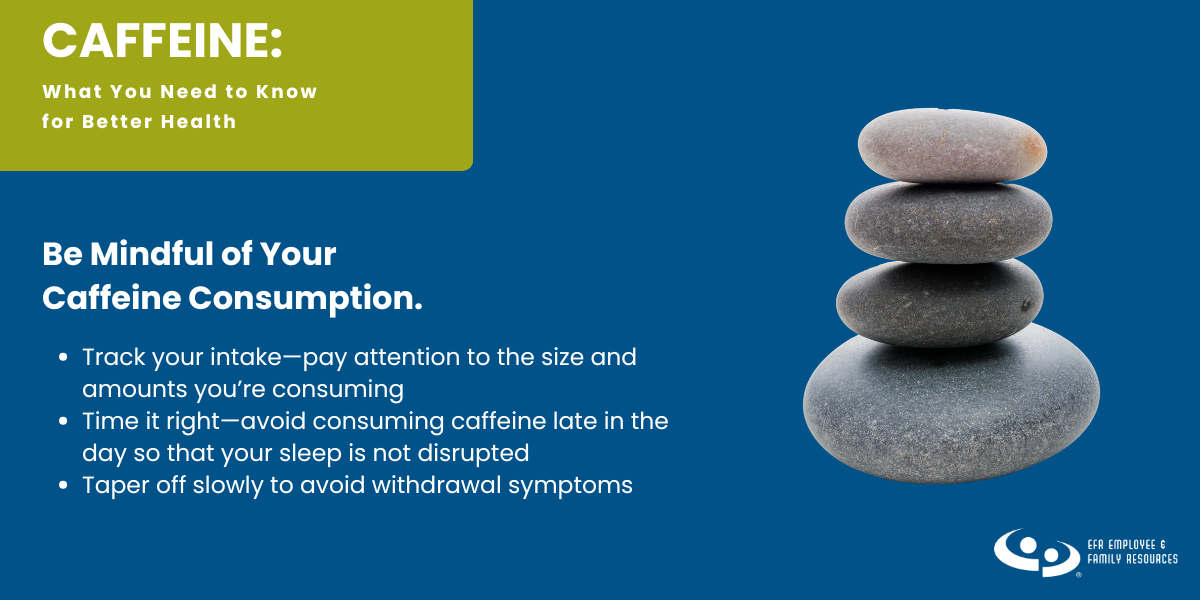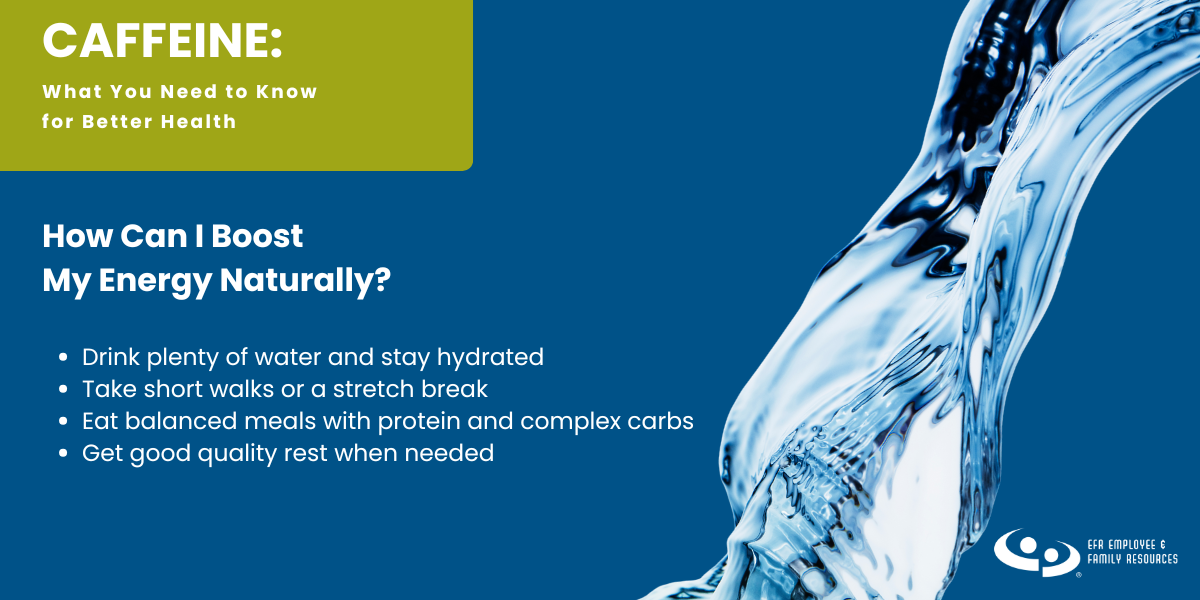In our global culture, alcohol seems to be a factor in our lives, no matter where we live. We drink together to celebrate birthdays, holidays and important life events. We toast to personal achievements, memories of loved ones and even in some religious ceremonies. Though alcohol is not inherently negative or bad, it is important to understand its effect on our individual health and relationships, as well as its role in our communities and our culture.
Alcohol’s Affect on the Body
It is important to understand how alcohol affects our bodies – both in the moment while we are drinking, and in the long-term health effects it can have. Understanding how much we drink is one of the greatest factors. Many people consider themselves “social drinkers.” However, recent studies show people are “partying,” “throwing down,” or “getting wasted” on an increasingly regular basis. All of those things are euphemisms for binge drinking.
What is Binge Drinking?
Binge drinking is consuming five or more drinks for men, or four or more drinks for women, in about two hours. A new study found one in six American adults binge drinks about once a week. That’s 37 million people. They averaged about seven drinks per binge.
Excess drinking can make us feel nauseous, tired, hungover and emotionally unstable. Heavy drinking can also lead to memory loss, difficulty walking, vomiting and blackouts. For many, those experiences are simply feeling drunk. However, they are actually initial signs of alcohol overdose.
Alcohol kills about 88,000 people annually in the U.S. Half of those deaths are attributed to binge drinking. Cancer, heart disease and liver failure are all associated with heavy drinking. Additionally, binge drinking can result in alcohol-related auto accidents, violence and risky sexual behavior.
Short-Term Physical Effects of Binge Drinking
- Heart: Heavy drinking can cause high blood pressure, irregular heartbeat or sudden death from heart failure.
- Kidneys: Alcohol is a diuretic, which causes the kidneys to produce more urine. This, alone or with vomiting, can lead to dehydration and dangerously low levels of sodium, potassium and other minerals and salts.
- Lungs: Alcohol inhibits the gag reflex, which can lead to vomit, saliva or other substances entering the lungs. This can cause inflammation or infection in the lungs.
- Pancreas: A single session of heavy alcohol use can lead to dangerously low blood sugar (hypoglycemia).
- Sexual Health: Drinking increases the chance of having unsafe sex, and heightens the risk of sexually transmitted infections (STIs) or unplanned pregnancy.
It is our responsibility to know the pros and cons of alcohol use, and understand how it affects our lives physically and socially. We also need to be open to talking about it. The U.S. Dietary Guidelines for Americans recommends alcohol be consumed in moderation — up to one drink per day for women and up to two drinks per day for men — and only by adults of legal drinking age.
However, this is not to say that alcohol is bad or people should never drink. But knowing your personal limits and educating young people about the risks and teaching responsible drinking is a positive change from which we can all benefit.
For further information and support, please talk to your doctor about healthy alcohol use and go to www.NCADD.org to learn more about Alcohol Awareness Month.



